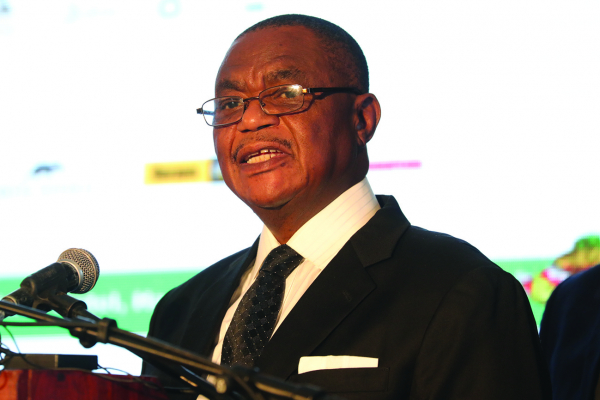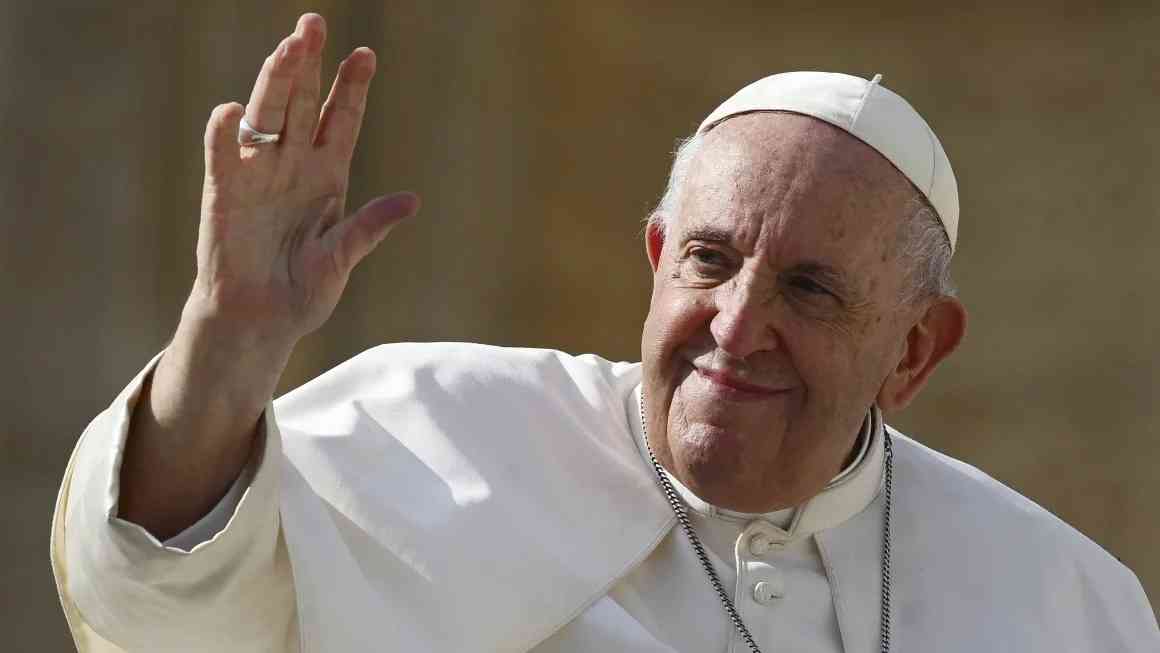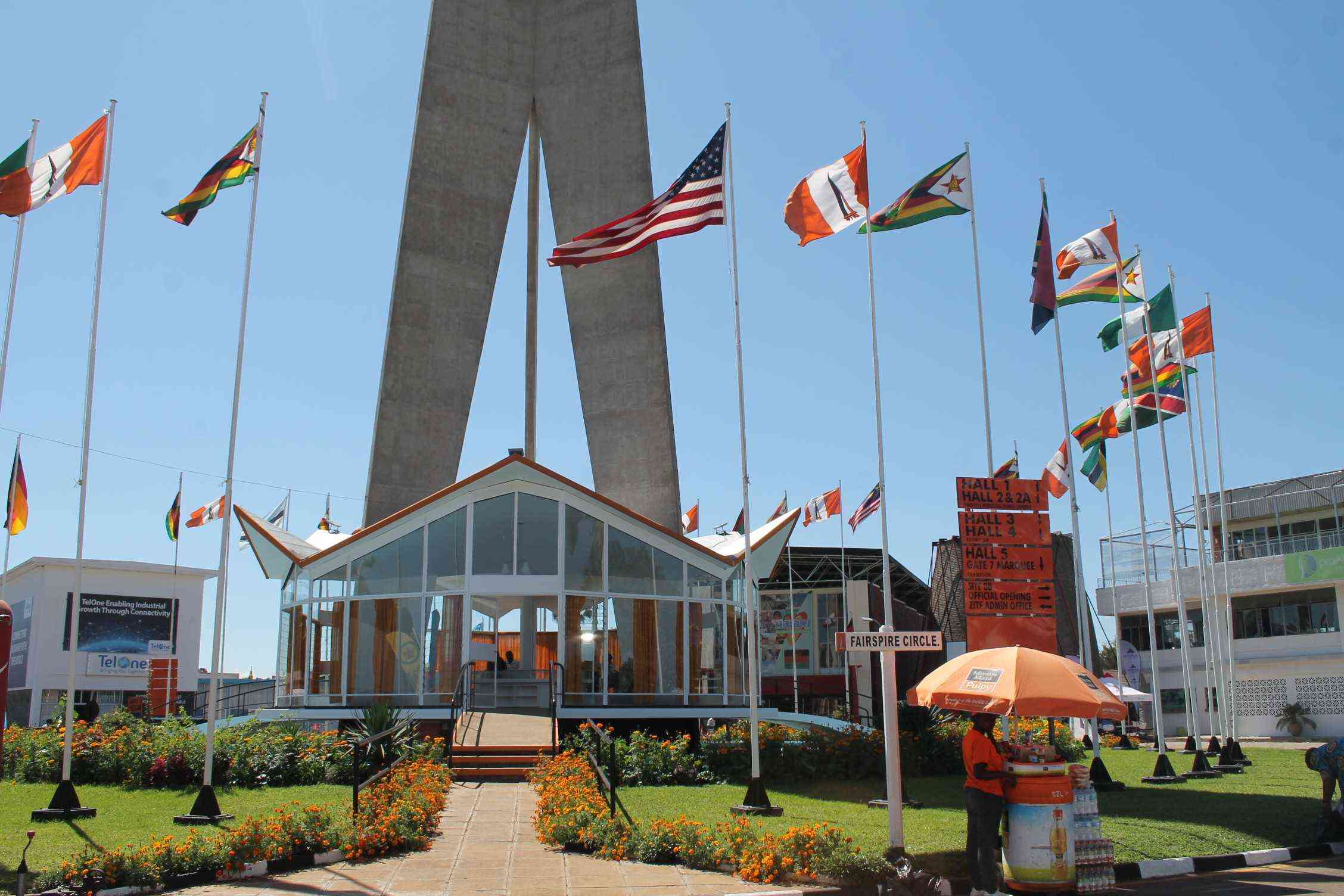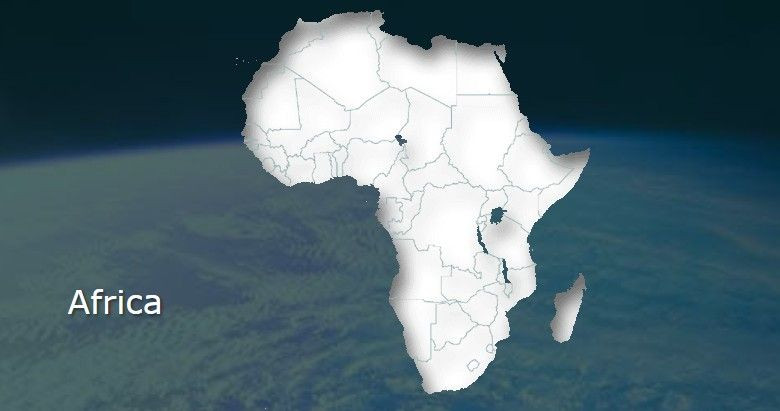
BY Sikhululekile Mashingaidze ON February 26, 2022, Vice-President Constantino Chiwenga, warned the Citizens Coalition for Change (CCC) and its leader Nelson Chamisa that Zanu PF would crush the party like lice.
“Let me assure you that there is nothing that it (CCC) can achieve; you see how we crush lice with a stone. You put it on a flat stone and then flatten it to the extent that even flies will not make a meal out of it,” Chiwenga told a Zanu PF campaign rally in Kwekwe.
As he spoke, CCC supporters were being tear-gassed by the police to stop them from holding a rally at Gokwe business centre, 120km away.
On February 27, a machete-wielding gang stabbed to death Mboneni Ncube, 30, and seriously injured 22 others in a bid to stop people from attending a CCC rally in Kwekwe, Amnesty International reported.
“The government’s rhetoric has done much to incite such ferocious violence and little to ensure the free exercise of the rights to freedom of assembly and association,” Muleya Mwananyanda, Amnesty International’s deputy director for southern Africa, said.
“This assault bears all the hallmarks of a premeditated attack that aims to intimidate political opposition and block access to their constituents ahead of the upcoming by-elections in March.”
In March 2020, electoral activities were suspended under the guise of COVID-19 regulations, which have been used to undermine the rule of law, control political behaviour and curtail citizens’ constitutionally-mandated freedoms.
On March 26, Zimbabwe will hold by-elections to fill 133 vacancies. These vacancies comprise 28 parliamentary seats and 105 council seats emanating from recalls, deaths and dismissals.
- Chamisa under fire over US$120K donation
- Mavhunga puts DeMbare into Chibuku quarterfinals
- Pension funds bet on Cabora Bassa oilfields
- Councils defy govt fire tender directive
Keep Reading
Ahead of next year’s national elections, these by-elections are a harbinger of things to come.
They provide insights into how Zanu PF will work to guarantee its victory through the use of co-optation, intimidation and vote rigging, and whether the CCC will be able to adapt and navigate the political landscape.
On March 31, 2020, Zimbabwe’s Supreme Court ruled that Chamisa was not the legitimate leader of the Movement for Democratic Change (MDC).
The ruling was widely viewed as a ploy by the Zanu PF government to destroy legitimate political opposition, while co-opting pliant members in the movement.
Devoid of any public mandate, Douglas Mwonzora suddenly had access to political party financing, Harvest House offices, power to recall legislators and appropriated the name Movement for Democratic Change-Alliance.
These Zanu PF government shenanigans are reminiscent of those of the Ian Smith regime in 1978, where a pliant wing of the nationalist movement was co-opted into the internal settlement arrangement.
Today, Zanu PF can boast a “loyal opposition”, courtesy of the Supreme Court’s endorsement. Until January 24 this year, the Chamisa-led opposition movement seemed all but dead and buried.
But, in just over a month since its launch on January 24, CCC has overhauled the Zimbabwean electoral environment.
The intended effect of the March 2020 Supreme Court ruling was designed to sign over the MDC-Alliance’s 2018 2 147 436 votes, constituting 44,3% of the electorate to MDC-T, but seems to have come to naught.
Events in the past two weeks have confirmed that legitimate opposition is far from defeated.
CCC has seen a wave of public support, with citizens turning out in their thousands at its rallies.
In contrast, rallies held by Mwonzora’s MDC have seen poor attendance.
The Political Actors Dialogue, which was created by President Emmerson Mnangagwa after the 2018 elections, ostensibly to foster dialogue between the President and his political opponents on how to move the country out of political and economic crises, has been widely criticised as a tool to further divide opposition parties.
A leading Zimbabwean scholar and activist Brian Raftopoulos, said: “I think the emergence of the Citizens’ Coalition for Change is going to face major challenges … it’s remarkable that they have survived this major onslaught of the State … because the State has really gone at them through the Judiciary, through violence, through attacks on their alliances … and so they have had to really fight this battle on a terrain which is disadvantageous to them”.
Reaction of the Zimbabwe Republic Police to CCC rallies ahead of the March 26 by-elections demonstrates how State security institutions continue to be manipulated to serve the ruling party, with several incidents of violence and coercion being reported.
The police placed unusually stringent conditions on the CCC’s #yellow Sunday Star rally held in Harare on February 20.
The conditions included a ban on “bussing in of people from other constituencies” and “chanting slogans and singing and disseminating hateful and defaming information”.
No such restrictions were placed on Mwonzora’s MDC rallies held earlier.
On February 26, there were reports of police violence against CCC supporters after a rally held at Gokwe Centre, a rural district in Zimbabwe’s Midlands province, the political home of Mnangagwa. Despite the CCC having been given the greenlight by the High Court, the police shut down the rally.
Despite the onslaught, CCC supporters were determined to exercise their rights, enduring State violence and police brutality to place their seal of approval on what they believe is a better alternative to Zanu PF rule.
This massive support places a huge responsibility on the CCC.
Apart from remaining vigilant in the face of continued attacks, Raftopoulos cautioned CCC to “take a critical look at how it got to this place in the first place … not only through the State actions but also through bad decisions internally … which date back to the year 2005 split”.
Clearly, all democratically-inspired movements in Zimbabwe face a huge task in entrenching a new culture of political engagement and advancing good governance.
They must exercise sincerity in fighting the culture of violence and corruption, cultures which, over the years, have become a salient feature of the country’s politics.
They must also promote inclusivity and unity, and strive to build strong alliances across business, civil society and religious sectors.
Citizens must be united around broad, progressive concerns aimed at moving the country towards a truly democratic, better governed future.
The March 26 by-elections are no ordinary by-elections and, after a failed attempt to dismantle the main opposition, the stakes are higher than ever for all the major parties.
A new wave of energy has taken over Zimbabwe’s electoral space, transforming the by-elections from what had begun to feel like a bland process to a highly contested one.
It is incumbent upon the State, in the build-up to election, to uphold citizens’ freedoms of speech, assembly and participation in a free, fair and credible election.
The electorate must be able to make its political choices violence and intimidation.
Unless the State exercises restraint and upholds the electorate’s and all parties’ constitutionally guaranteed political rights, as espoused in section 67 of Zimbabwe’s Constitution, it will be a long and bloody walk to March 26 — a discouraging feature of the political road ahead between now and next year’s general election.
- This story was first published in Mail&Guardian
- Sikhululekile Mashingaidze is the lead researcher for human security and climate change at Good Governance Africa











